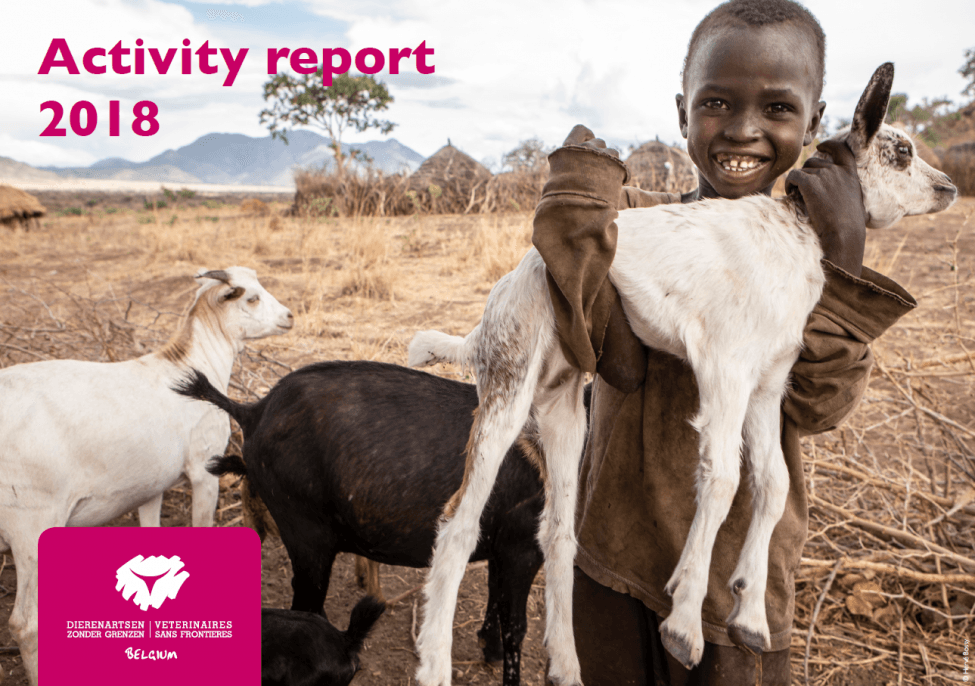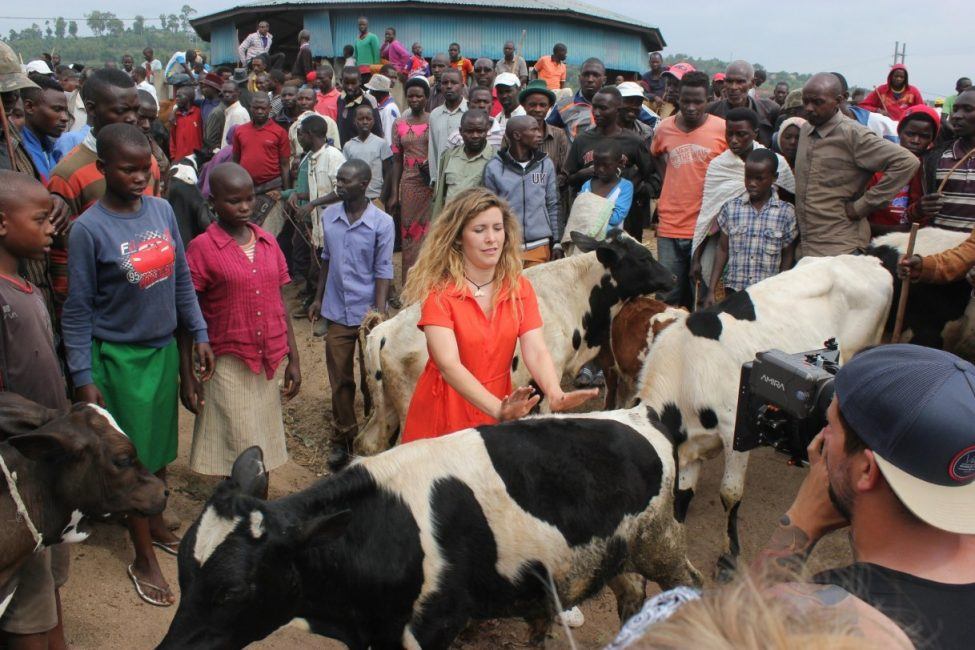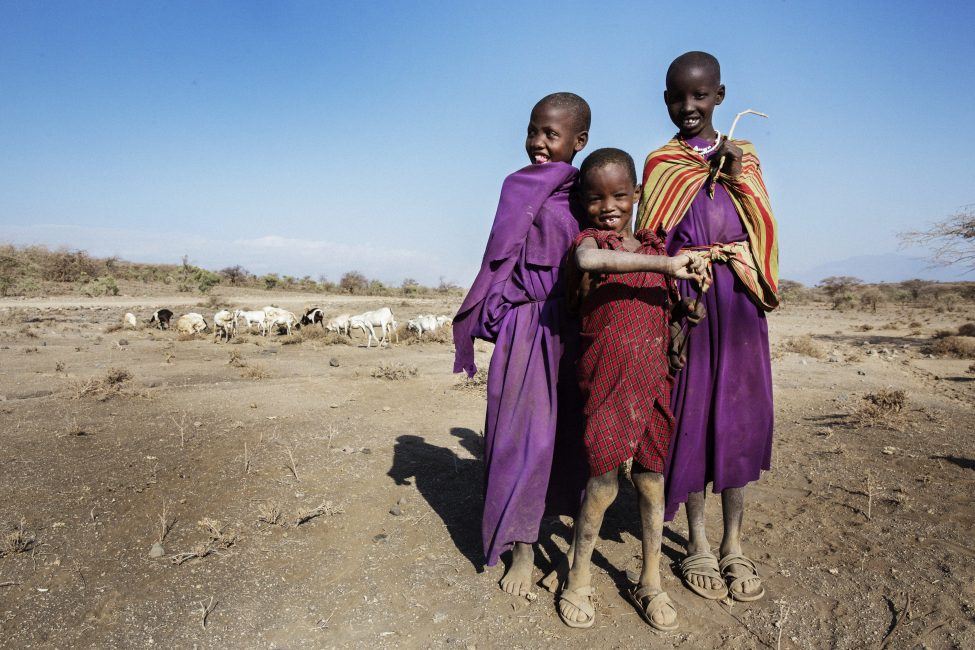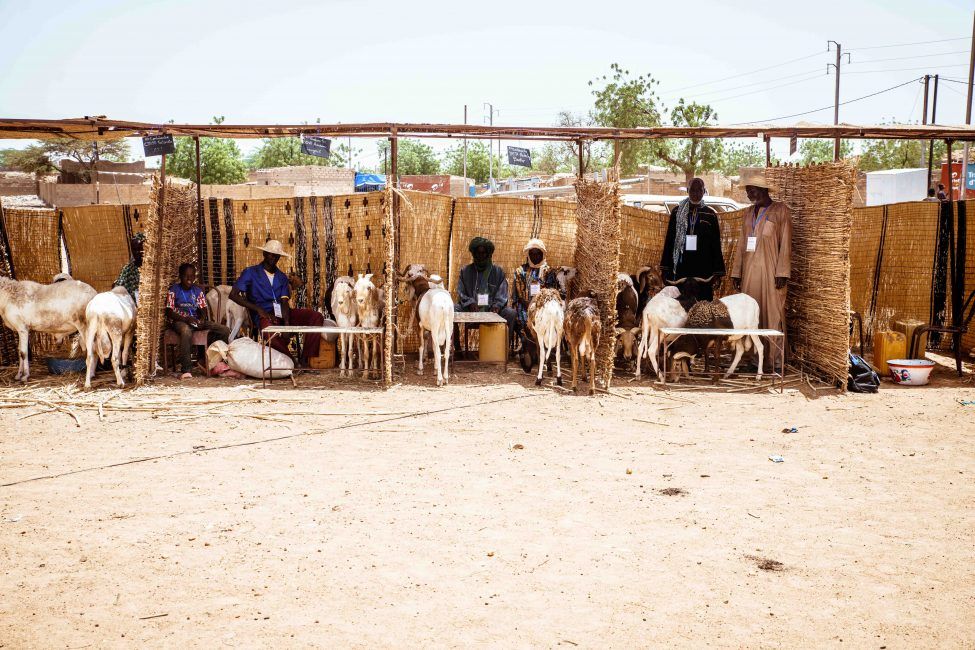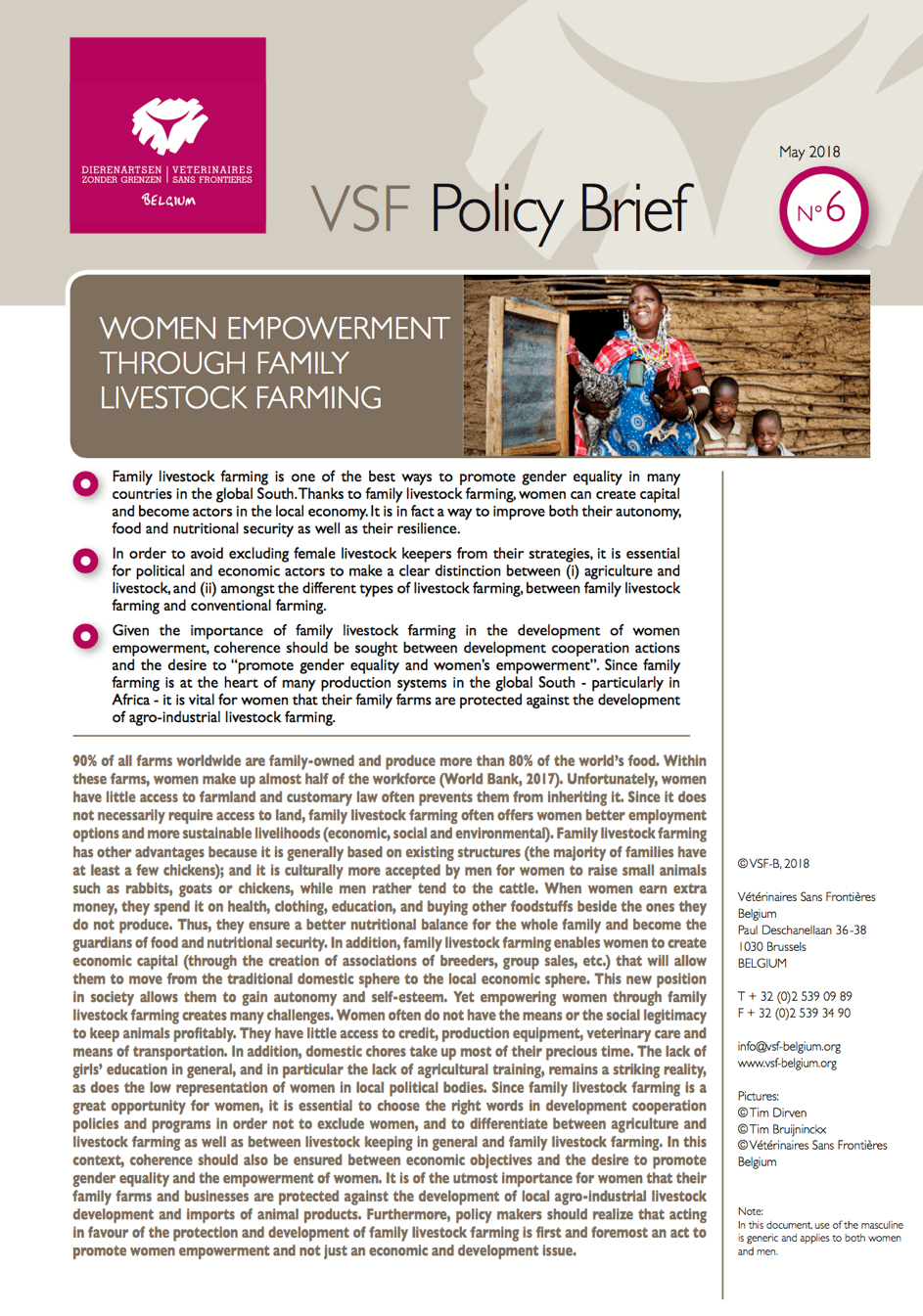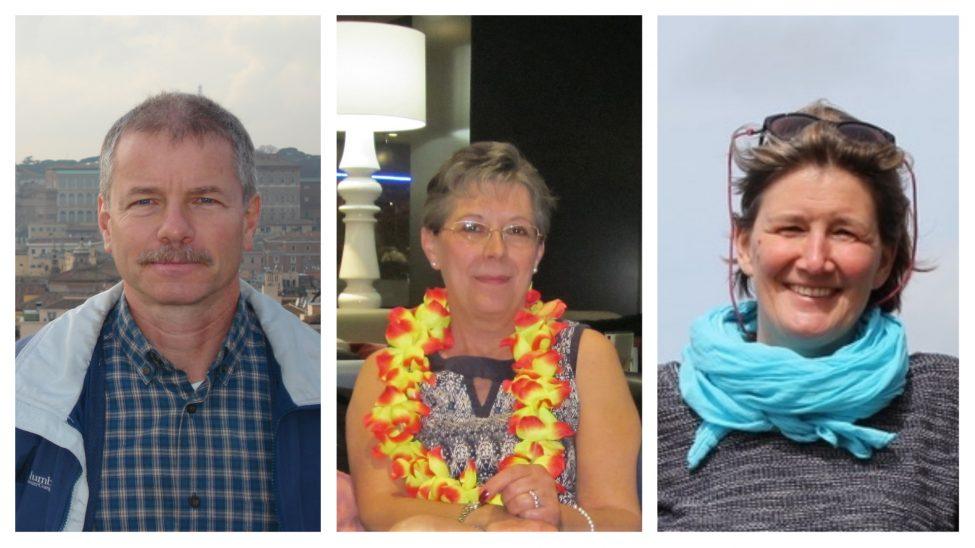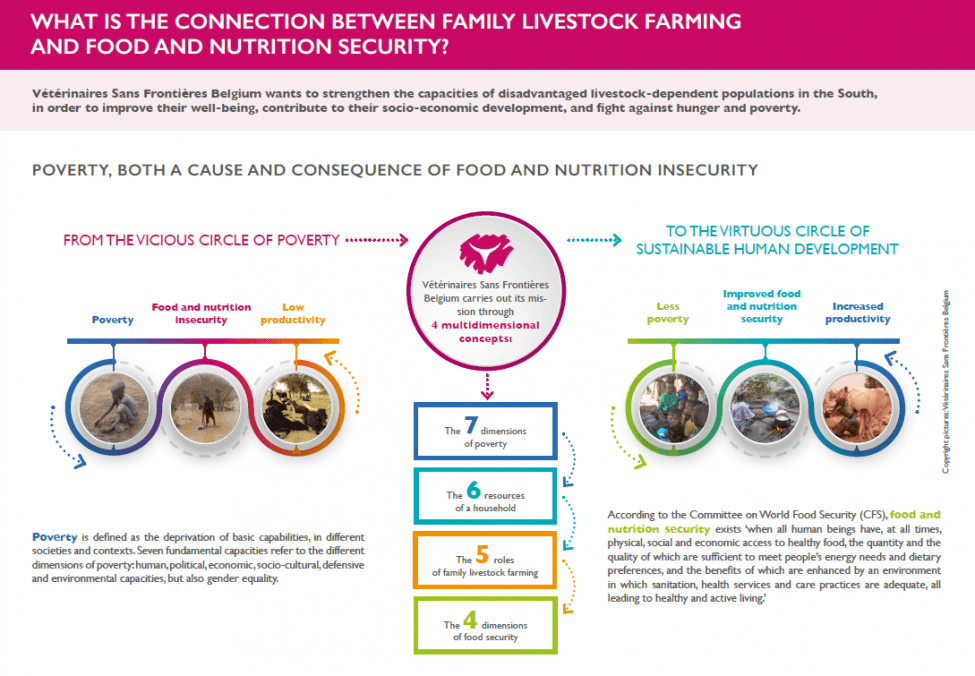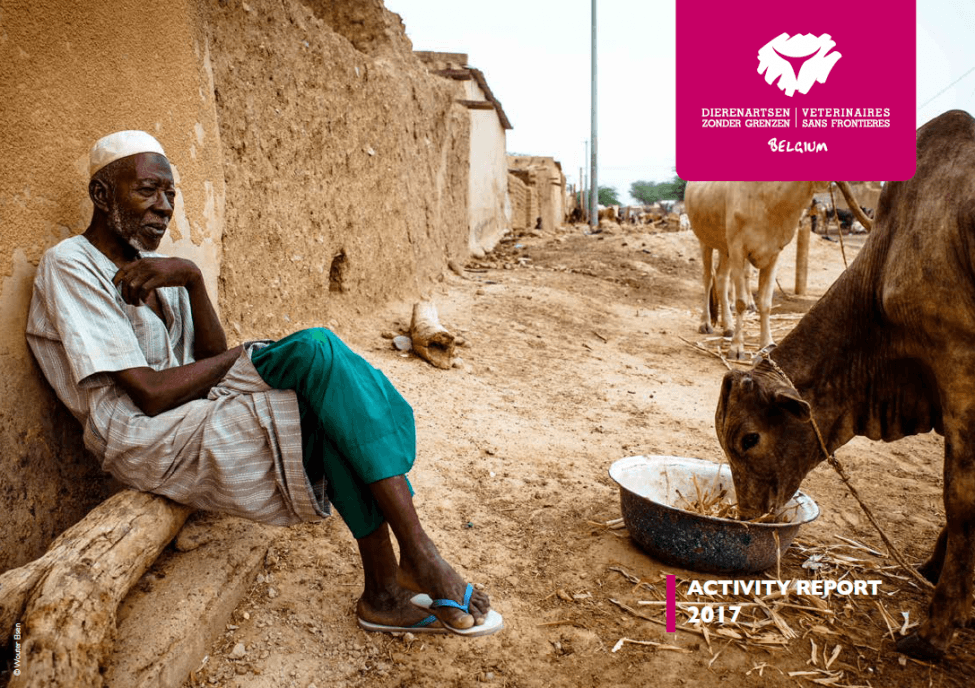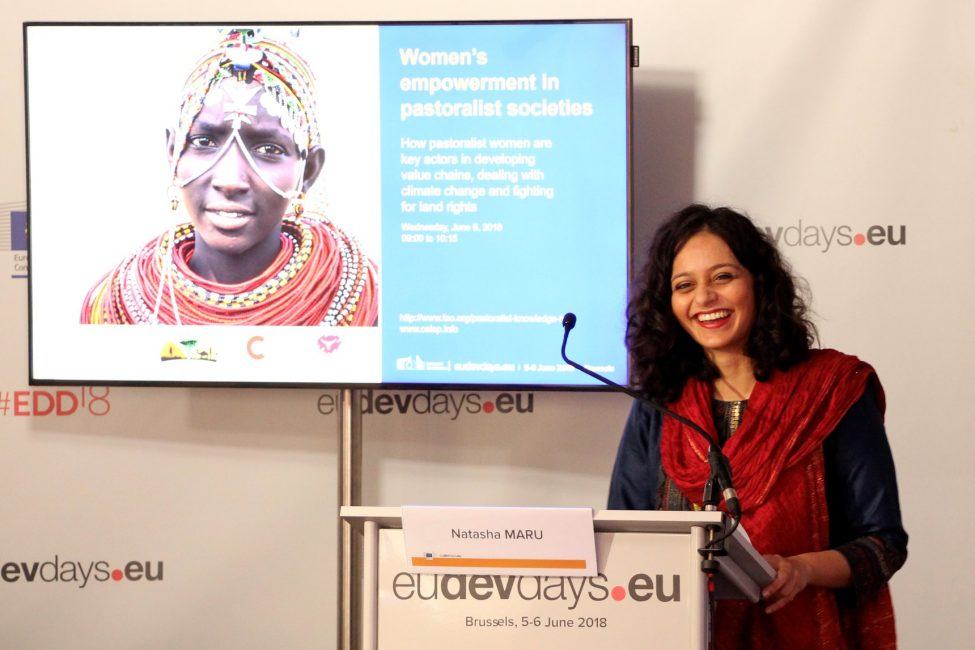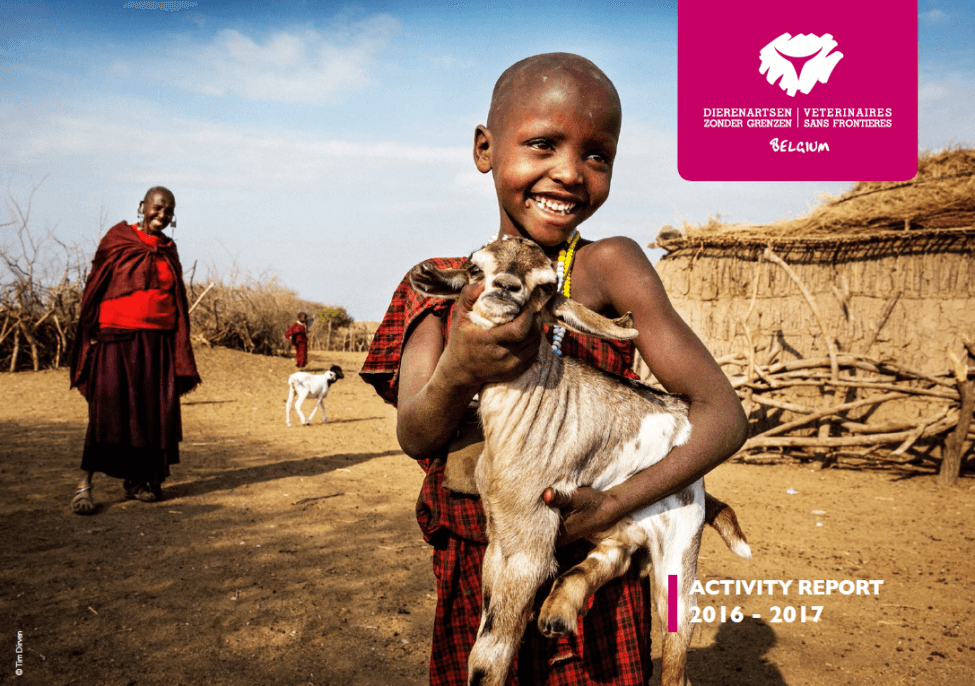Discover our activity and financial reports for 2018. Each year, Vétérinaires Sans Frontières Belgium reports on its activities and projects over the past year. This is how we show our committment and accountability to our donors, volunteers, employees and partner organizations in Belgium and Africa.
Really Clever! on Ketnet : poo bag
Maureen, Esther and Marthe built a poo bag (or biogas installation) with Vétérinaires Sans Frontières Belgium, which allows them to cook with cow farts or biogas. And that’s really clever!
The Maasai Life in Tanzania
In this 13-minute video, two young Maasai tell us about how their community’s lifestyle is under pressure, particularly due to climate change. Vétérinaires Sans Frontières Belgium helps them find solutions.
Conference : Livestock business involvement in the global South
Can livestock business involvement in the global South help save the world? Join us on Thursday 30th October in Ghent and listen to the views of speakers from various backgrounds on livestock, business and sustainable development.
Policy Brief: Women empowerment through family livestock farming
In its sixth policy brief, Vétérinaires Sans Frontières Belgiums focuses on family livestock farming and its potential in ensuring rural women’s empowerment.
Who is behind our volunteer effort?
Some volunteers are resolutely dedicated, year after year, by our side, to strengthen our actions. Let us introduce you to three of our fervent volunteers.
Family livestock farming & food and nutrition security
In Africa, improving the potential of family livestock farming allows livestock keepers to feed their families and improve their well-being. Through concrete examples, discover in this infographics the links between the improvement of family livestock farming’s potential and the improvement of household food and nutrition security in Africa.
Annual report 2017
Discover our activity report for 2017. Each year, Vétérinaires Sans Frontières Belgium reports on its activities and projects over the past year.
Conference on women’s marginalisation in pastoral societies
On 6 June 2018, we organised a session at the European Development Days about the role of women in pastoral societies. Read the full report and watch some pictures here.
Annual report 2016
Discover our activity report for 2016. Each year, Vétérinaires Sans Frontières Belgium reports on its activities and projects over the past year. This is how we show our committment and accountability to our donors, volunteers, employees and partner organizations in Belgium and Africa.

